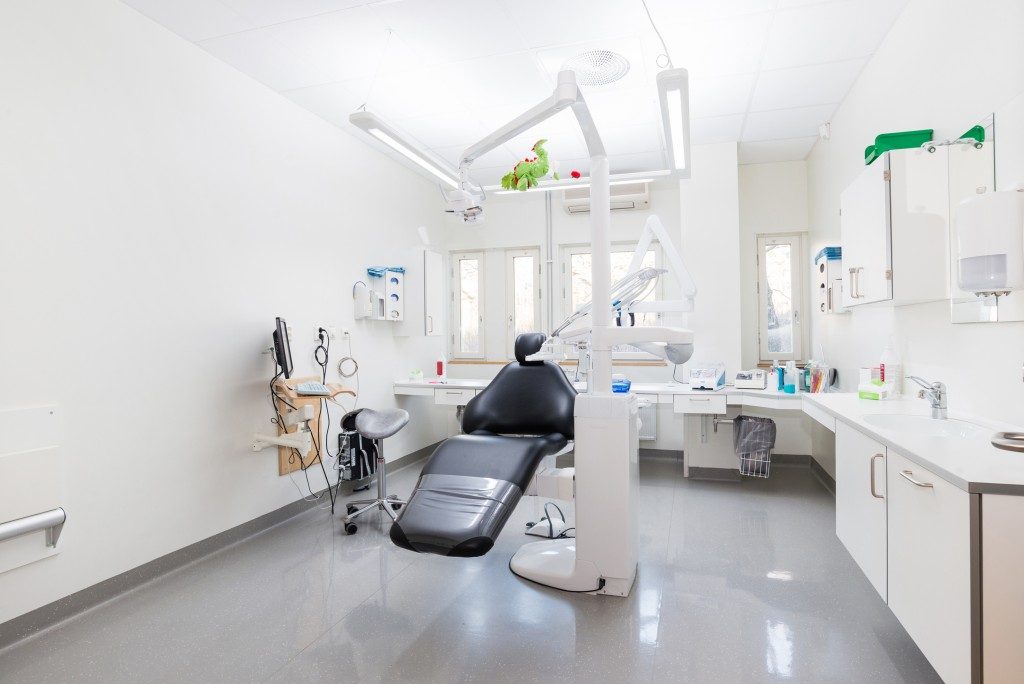There are five different types of commercial leases. Depending on the type of lease you sign, you’ll likely have to pay expenses like taxes, insurance, and maintenance besides your base rent.
Figuring out the total lease payments can be complicated. Calculation mistakes on your landlord’s part lead to getting overcharged rent if you’re not vigilant. By conducting commercial rent audits each year, you can save yourself from grief. Officespaceexperts.com notes it’s possible to recover more than $100,000 in rental payments through lease audits.
Areas Reviewed in a Lease Audit
A commercial lease audit is a critical analysis of your lease documents. It calculates your overall rent obligations and examines each of your payments and transactions. Lease auditing verifies that the charges billed to you comply with your lease terms. It can help solve possible billing discrepancies and help lower your occupancy costs.
Each audit is unique as every commercial lease is negotiated differently. A comprehensive commercial lease operating expense audit usually includes:
- Base year calculations
- Gross-up calculations
- Base rent and percentage rent
- Rent concession provisions
- Insurance
- Property taxes
- Heat, ventilation, and air conditioning (HVAC) and other utilities
- Impermissible lease expenses or capital expenditure
- Pro rata share
- Space measurement verification
- Overtime charges
- Tenant-specific chargebacks
Where Rent-bill Errors Often Occur
Expense and tax pass-throughs are the most common causes of rent-bill errors.
Leases often have provisions that allow landlords to charge tenants a part of or the total building maintenance costs. This includes cleaning, repairs and maintenance, landscaping, and more.
Including other expenses not counted as regular repairs and operations, however, leads to incorrect lease charges. For instance, building depreciation, capital improvements, and financing and ownership costs should not be included in your commercial lease.
Full-service gross leases, which are common among commercial offices and retail businesses, are another usual source of errors. This type of lease often includes an “operating expense escalation” clause. Incorrect base year calculations skew your yearly escalations. Understated base years cause overstated annual escalations.
Lease audits show that landlords sometimes charge tenants for more space than they occupy. Sometimes, costs are not properly allocated between tenants. This is particularly common in mixed-use buildings.
Importance of Outsourcing Lease Audits

Leave commercial lease audits to the professionals. Conducting a comprehensive lease audit requires knowledge of several disciplines, including accounting and auditing, law, property management, and real estate.
A lease audit is extremely time-consuming. Diverting your company’s staff and resources towards just auditing can cost your day-to-day business operations. Outsourcing your lease audit to a professional firm also gives you more credibility when you bring the information to your landlord.
Moreover, professional commercial lease auditors can do their job without causing tension between landlords and tenants.
You need to know of the ins and outs of your lease contract to manage it properly. Turn to a professional auditor for further assistance in organizing your paperwork. After all, your business’ success depends on your ability to maintain your lease.



